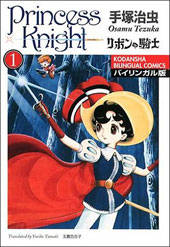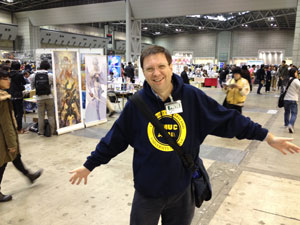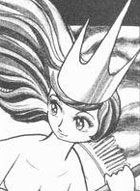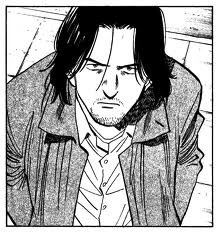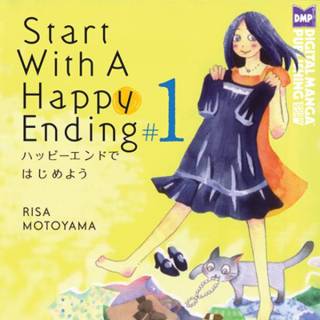By Kory Cerjak
Title: Boys Over Flowers (Hana Yori Dango)
Author: Yoko Kamio
Publisher: Viz Media
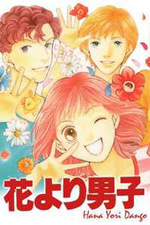 In 1992—one year removed from what is possibly the biggest shojo sensation ever, Sailor Moon—Boys Over Flowers (known in Japan as Hana Yori Dango) was first published in Margaret by Shueisha in Japan. Eleven years later, Viz Media published it here in North America. These are two of the most influential shojo manga of the 1990s (alongside Fruits Basket and Kare Kano, among others). And while Sailor Moon might be the franchise that’s survived after all this time, it’s Boys Over Flowers that’s the top selling manga of all time, according to ComiPress. I’ve talked about Kare Kano already, and now I’ll talk about HanaDan, as the fans call it.
In 1992—one year removed from what is possibly the biggest shojo sensation ever, Sailor Moon—Boys Over Flowers (known in Japan as Hana Yori Dango) was first published in Margaret by Shueisha in Japan. Eleven years later, Viz Media published it here in North America. These are two of the most influential shojo manga of the 1990s (alongside Fruits Basket and Kare Kano, among others). And while Sailor Moon might be the franchise that’s survived after all this time, it’s Boys Over Flowers that’s the top selling manga of all time, according to ComiPress. I’ve talked about Kare Kano already, and now I’ll talk about HanaDan, as the fans call it.
HanaDan is about Tsukushi Makino, a middle-class high school student, going to a high-class private school. Her father is stuck at his position and Tsukushi’s parents hope that she can meet people who will elevate their status and make a better life for them.
Fans nowadays may see the premise and relate it to Ouran High School Host Club (also published by Viz), but its story and ultimate goal could not be more different from Ouran. From the get-go, author Yoko Kamio works to establish not just a strong female Continue reading “Boys over Flowers”: Inspiring, but with distracting flaws
 Our report on the October 20 International Manga Festival (Kaigai Manga Festa) at Tokyo Big Sight concludes, with analog cloud computer support, an unexpected Boston Comics Roundtable connection, a young boy in strange lands, talk of censorship, Bulgarian comics, and finally, the artist behind Blacksad, Juanjo Guarnido!
Our report on the October 20 International Manga Festival (Kaigai Manga Festa) at Tokyo Big Sight concludes, with analog cloud computer support, an unexpected Boston Comics Roundtable connection, a young boy in strange lands, talk of censorship, Bulgarian comics, and finally, the artist behind Blacksad, Juanjo Guarnido!
